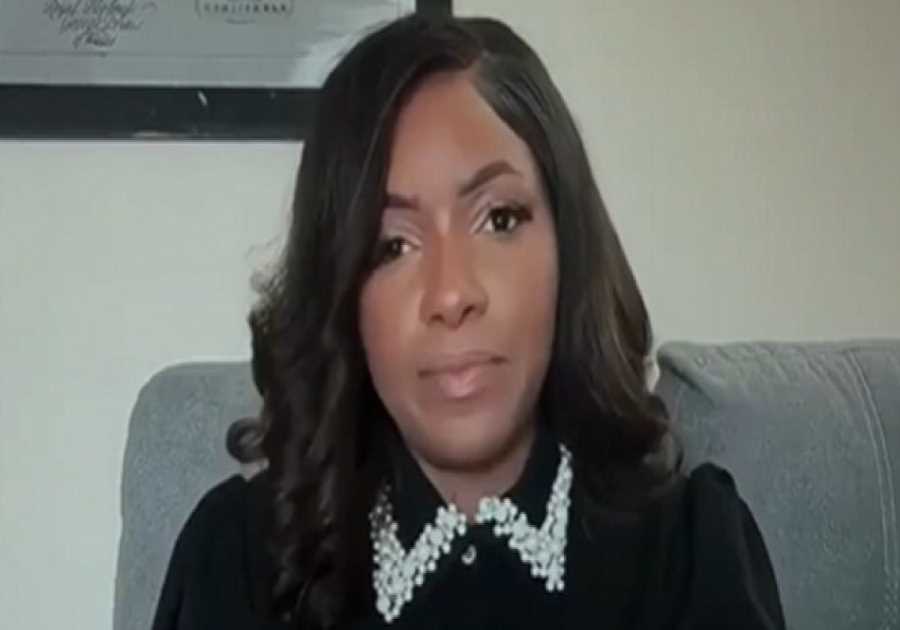Building wealth takes time, strategy, and discipline—but preserving it for the next generation requires something more: thoughtful planning. Without a clear structure for how your assets will transfer, even the best investments can lose value or fall into the wrong hands. Many investors focus on growth while overlooking what happens when they’re no longer around to manage it. Whether you have children, extended family, or charitable goals, not accounting for legacy heirs can turn a solid financial plan into a costly mess. Here are ten types of investments that can easily tank when legacy heirs aren’t part of the plan.
1. Real Estate That Lacks an Ownership Transition Plan
Real estate can quickly become a burden instead of a blessing when there’s no plan for transfer or maintenance. Without clearly named legacy heirs, properties can get tied up in probate, leaving them vacant, unmaintained, and losing value. Taxes, insurance, and upkeep costs continue to pile up while the courts sort things out. Even worse, family members may disagree on whether to sell or keep the property, leading to financial and emotional strain. Setting up a trust or joint ownership agreement keeps real estate investments secure and easily transferrable.
2. Retirement Accounts Without Beneficiary Updates
401(k)s and IRAs are often overlooked when it comes to legacy heirs planning. If you forget to update beneficiary designations after marriage, divorce, or family changes, your account may not go to the intended person. In some cases, outdated documents can send assets to an ex-spouse or cause the funds to default to your estate, triggering unnecessary taxes. This oversight can shrink your investment’s long-term impact dramatically. Reviewing your retirement account beneficiaries annually ensures your savings go where you truly want them to.
3. Life Insurance with No Assigned Beneficiary
A life insurance policy is only as effective as the paperwork behind it. If no beneficiary is listed—or if the named beneficiary has passed away—the payout could be delayed or reduced through probate. This defeats the purpose of having insurance meant to protect loved ones or charitable causes. Regularly updating your policies to reflect your current situation keeps your investment aligned with your intentions. Life insurance should provide peace of mind, not unexpected complications for your legacy heirs.
4. Business Ownership Without a Succession Plan
A thriving business can crumble overnight if there’s no plan for who takes over after you’re gone. Without a designated successor, employees and partners can face confusion, lawsuits, or financial losses. Even profitable companies can lose clients and contracts when leadership suddenly changes. A clear succession plan—complete with legal documents and training for your chosen heir—preserves your hard work. Treating your business like any other major investment ensures its survival and stability for future legacy heirs.
5. Stocks and Brokerage Accounts Without Transfer-on-Death Designations
Many investors don’t realize that individual stock accounts don’t automatically bypass probate. Without a transfer-on-death (TOD) designation, these assets get stuck in the legal system, delaying access for legacy heirs. In the meantime, taxes and legal fees can chip away at portfolio gains. A simple TOD form ensures a smooth, tax-efficient transfer directly to your chosen beneficiaries. It’s one of the easiest yet most overlooked ways to protect your investment portfolio.
6. Collectibles and Alternative Assets Without Documentation
Art, jewelry, classic cars, or cryptocurrency can all lose value quickly if legacy heirs don’t know how to locate, manage, or sell them. Without clear documentation or instructions, these alternative assets might get misplaced or undervalued. Families often end up selling rare items far below market price simply because they don’t understand their worth. Keeping detailed records—including valuations and access information—protects these unique investments. When properly organized, your collectibles can be a meaningful part of your legacy rather than a forgotten asset.
7. Trust Funds Without Clear Distribution Rules
Trusts are powerful tools for managing wealth, but without specific terms, they can create confusion or even legal battles. If legacy heirs don’t understand how or when distributions should occur, trustees may mismanage funds or delay payments. Ambiguous trust language also leaves room for misinterpretation, which can pit family members against each other. Working with an experienced estate attorney helps set clear, enforceable conditions for your trust. Clarity keeps your intentions intact and prevents your trust from becoming a family feud.
8. Annuities That Expire Without Proper Beneficiaries
Annuities can be an effective retirement tool—but without designated legacy heirs, the remaining value often reverts to the issuing company after your death. That means all the money you invested could vanish instead of benefiting loved ones or causes you care about. To prevent this, make sure your contract includes a survivor benefit or guaranteed payout option. Regularly reviewing annuity terms ensures your investment continues working beyond your lifetime. A simple check-in could save thousands for your beneficiaries.
9. Joint Accounts That Complicate Ownership
Joint bank or investment accounts might seem like a convenient solution, but they can cause major complications if one partner passes away. If legacy heirs aren’t properly listed, the surviving co-owner might legally own everything—regardless of your intended distribution plan. This can create resentment among family members and even lead to legal disputes. Instead, use payable-on-death designations or trusts to clearly separate what belongs to whom. Transparency ensures your joint assets are handled fairly and without conflict.
10. Digital Assets Without Access Instructions
In the digital age, everything from investment apps to cryptocurrency wallets can disappear without access information. Without passwords, PINs, or recovery methods, legacy heirs may have no way to retrieve valuable digital funds. Even professional executors often struggle to locate online investments without guidance. Creating a secure document that lists your digital accounts and access credentials is essential. Protecting your virtual investments ensures nothing valuable gets lost in cyberspace.
Protecting What You’ve Built So It Lasts Beyond You
Every investment you make tells a story about your hard work and goals—but that story ends abruptly if legacy heirs aren’t part of the plan. By naming beneficiaries, updating documents, and creating clear transfer instructions, you safeguard your wealth from unnecessary losses. Legacy planning isn’t just about leaving money—it’s about leaving clarity, stability, and respect for those who follow. The more thoughtfully you prepare now, the more securely your investments can live on in the future.
Have you reviewed your accounts and estate plans to ensure your legacy heirs are protected? Share your thoughts and experiences in the comments below!
What to Read Next…
7 Fresh Approaches to Estate Planning Without Heirs
Who Gets Your Estate If You Have No Children?
Considering Beneficiaries: Estate Planning Without Descendants
8 Investments That Only Work If You Never Plan on Passing Down Wealth
9 Investment Moves That Only Make Sense If You Have No Kids
------------Read More
By: Catherine Reed
Title: 10 Investments That Tank When You Don’t Plan for Legacy Heirs
Sourced From: www.dinksfinance.com/2025/10/10-investments-that-tank-when-you-dont-plan-for-legacy-heirs/
Published Date: Fri, 10 Oct 2025 14:00:37 +0000
Did you miss our previous article...
https://trendinginbusiness.business/finance/understanding-gaap-for-small-biz
.png)





